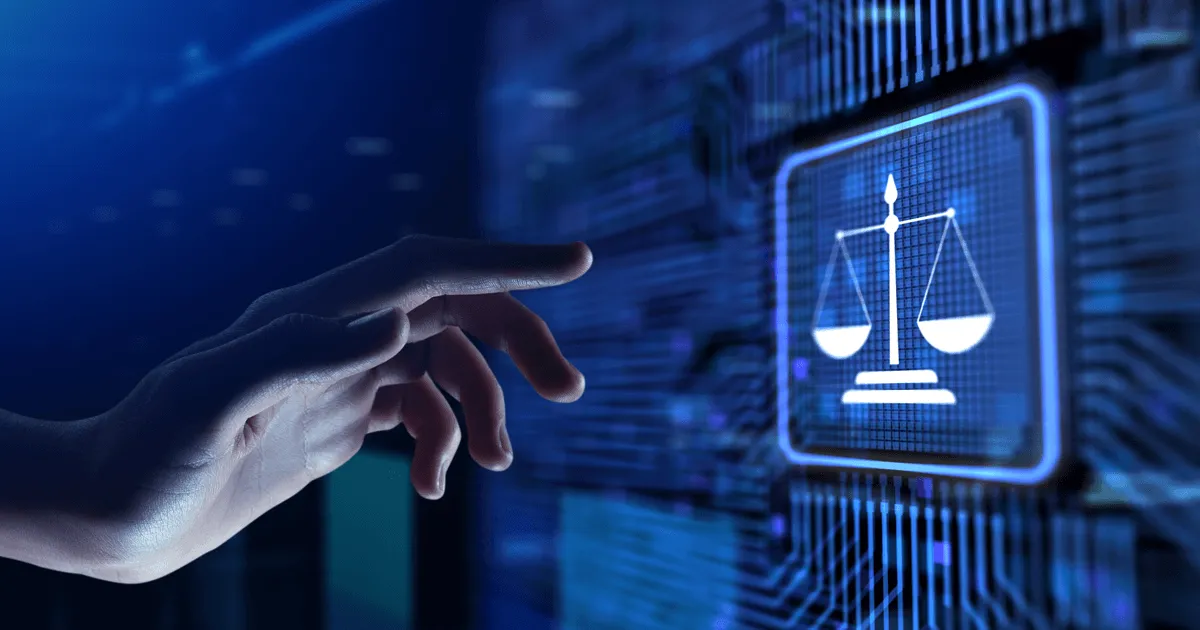Cyber Law: Protecting Rights and Security in the Digital Age
Introduction
In the 21st century, the world has become increasingly dependent on digital technology. From banking and education to communication and healthcare, nearly every aspect of modern life is online. However, this digital revolution has also introduced new risks — data breaches, cybercrimes, identity theft, and online harassment. To address these issues, the world turned to a new branch of law known as cyber law.
Cyber law governs how people use the internet, digital devices, and data. It aims to protect individuals, businesses, and governments from the dangers of cyberspace while ensuring freedom, privacy, and ethical use of technology. Understanding cyber law is essential for anyone living or working in today’s digital society.
1. The Evolution of Cyber Law
The Birth of Digital Regulation
The origins of cyber law trace back to the late 20th century, when computers first entered daily life. As digital communication spread, lawmakers realized that existing laws were insufficient to handle online crimes and privacy concerns.
The Internet Boom and Globalization
In the 1990s and 2000s, the internet connected the world like never before. Alongside innovation came cyber threats — hacking, online fraud, and data leaks. Governments worldwide began enacting cyber laws to regulate digital behavior, protect intellectual property, and establish cybersecurity frameworks.
The Modern Digital Era
Today, cyber law covers everything from online contracts and e-commerce to artificial intelligence and data protection. It evolves constantly to keep up with technological change and the creative tactics of cybercriminals.
2. What Is Cyber Law?
Definition
Cyber law — also known as Internet law or digital law — is the body of law that regulates the use of technology, computers, networks, and the internet. It encompasses rules that govern online communication, transactions, and digital security.
Objectives of Cyber Law
The primary purposes of cyber law include:
- Protecting digital privacy and data.
- Preventing and punishing cybercrimes.
- Regulating e-commerce and online contracts.
- Ensuring digital rights and ethical internet usage.
By defining legal boundaries, cyber law provides both freedom and protection in the virtual world.
3. The Importance of Cyber Law in the Digital Age
Safeguarding Privacy and Security
In an era of constant connectivity, personal information has become a valuable commodity. Cyber law ensures that companies, governments, and individuals handle data responsibly, preventing unauthorized access or misuse.
Combating Cybercrime
Cyber law gives authorities the tools to investigate and prosecute crimes such as hacking, identity theft, and ransomware attacks. It also deters criminals through strict penalties.
Promoting Trust and Innovation
For digital economies to thrive, people must trust technology. By enforcing clear regulations, cyber law helps build that trust, enabling innovation in e-commerce, fintech, and artificial intelligence.
4. Key Areas of Cyber Law
Data Protection and Privacy
Data has become the new oil of the 21st century. Cyber law ensures that organizations collect, store, and process personal data transparently. Regulations like the General Data Protection Regulation (GDPR) in the European Union set global standards for data privacy.
Intellectual Property in Cyberspace
The internet makes it easy to share content — but also to steal it. Cyber law protects digital creations such as software, music, and videos through copyright and trademark enforcement.
E-Commerce and Digital Transactions
Online shopping and banking rely on trust and legal recognition. Cyber law validates electronic signatures, regulates payment systems, and ensures consumer protection in virtual markets.
5. Types of Cybercrimes
Common Forms of Cybercrime
- Hacking – Unauthorized access to systems or data.
- Phishing – Fraudulent attempts to steal sensitive information.
- Identity Theft – Using someone’s personal data for illegal purposes.
- Cyberbullying and Harassment – Online abuse or threats.
- Ransomware Attacks – Encrypting data and demanding payment for its release.
- Financial Fraud – Scams involving digital payments or cryptocurrency.
The Human Cost
Beyond financial damage, cybercrime can destroy reputations, mental health, and even national security. That is why strong cyber law enforcement is critical for every country.
6. Cybersecurity and National Protection
The Legal Aspect of Cybersecurity
Cybersecurity refers to the measures taken to defend computer systems and data from attacks. Cyber law complements technical defenses by defining criminal offenses, liability, and the rights of victims.
Governmental Role
Many nations have established specialized agencies to enforce cyber laws and respond to digital threats — such as the FBI Cyber Division (U.S.), Europol Cybercrime Centre (EU), and CERT units globally.
International Cooperation
Cyber threats often cross borders, making international collaboration essential. Treaties like the Budapest Convention on Cybercrime aim to unify global standards for combating digital offenses.
7. Digital Rights and Freedom of Expression
Balancing Rights and Regulation
One of the most complex challenges of cyber law is balancing freedom of expression with protection from harm. While individuals have the right to speak freely online, law limits hate speech, defamation, and incitement of violence.
Right to Privacy
Cyber law upholds the right to privacy by regulating surveillance, data collection, and consent. It ensures that individuals maintain control over their digital footprint.
The Right to Be Forgotten
In some regions, law allows individuals to request the removal of personal data from online platforms — reinforcing the idea that digital identity deserves legal protection.
8. Challenges in Implementing Cyber Law
Rapid Technological Change
Technology evolves faster than law can adapt. New trends like artificial intelligence, blockchain, and quantum computing create legal gray areas that demand constant reform.
Jurisdictional Issues
Because the internet has no borders, determining which country’s law applies can be difficult. Cybercriminals often exploit this by operating from regions with weak regulations.
Awareness and Education
Many individuals and small businesses remain unaware of cyber law obligations. Public education and awareness campaigns are essential to ensure responsible digital behavior.
9. Future Trends in Cyber Law
Artificial Intelligence and Automation
As AI becomes more powerful, cyber law will address questions of accountability and ethics — for example, who is responsible when an AI system causes harm?
Cryptocurrency and Digital Assets
Digital currencies such as Bitcoin and Ethereum challenge traditional financial laws. Cyber law must evolve to regulate virtual assets and prevent money laundering.
Metaverse and Virtual Reality
The rise of the metaverse brings new legal challenges — virtual property rights, online harassment, and digital identity verification all fall under the expanding domain of cyber law.
10. Building a Safer Digital Future
Collaboration Between Stakeholders
The future of cyber law depends on cooperation among governments, tech companies, and individuals. Together, they must create ethical, secure, and transparent digital ecosystems.
Empowering Digital Citizens
Every person who uses the internet should understand basic cyber laws, protect personal data, and report suspicious activities. Cyber awareness is the first step toward a safer world.
The Role of International Governance
To prevent cyber warfare and data misuse, global organizations must strengthen treaties and enforceable standards. The vision of cyber law is not only to punish crimes but also to create a digital world based on trust and justice.
Conclusion
Cyber law represents the intersection between technology and justice. It protects the digital rights of individuals, regulates corporate responsibility, and ensures that cyberspace remains a place of opportunity rather than danger.
As the internet continues to expand, so will the need for strong, adaptive, and ethical laws that safeguard our digital future. Understanding cyber law empowers individuals, businesses, and nations to use technology wisely — balancing innovation with integrity, and freedom with responsibility.











